
As our feline friends enter their golden years—generally around 10+ years of age—their needs evolve. Joints stiffen, senses dull, and medical vulnerabilities increase. But aging doesn’t have to mean decline. With tailored nutrition, environmental adaptations, and compassionate monitoring, you can help your senior cat thrive. In this deep‑dive guide, I’ll share practical, vet‑endorsed strategies from my decade‑long experience in senior cat wellness.
1. Recognizing Age‑Related Changes
Mobility Shifts: Slower climbs, jumping hesitancy, or stiff gait.
Sensory Decline: Cloudy eyes, decreased hearing, or lower activity.
Metabolic Shifts: Weight loss, reduced muscle mass, or excess fat.
Behavioral Changes: Increased sleep, altered grooming, or signs of confusion.
2. Nutrition & Weight Management
Older cats need a diet higher in protein and lower in phosphorus to support muscle maintenance and kidney health. Consider:
Senior‑Formulated Kibble & Canned Foods: Look for “complete and balanced” targeting 10+ year olds.
Wet Food Emphasis: Higher moisture aids urinary tract health and hydration.
Portion Control: Frequent small meals prevent digestive upsets.
3. Joint Health & Pain Management
Arthritis affects up to 90 % of cats over 12 years. You can help:
Gentle Supplements: Glucosamine, chondroitin, and omega‑3 fatty acids (fish oil) support cartilage health.
Non‑Slip Flooring: Secure rugs or runners on slippery surfaces.
Low‑Entry Litter Boxes: Reduce jumping stress.
Vet‑Prescribed Pain Relief: Safe NSAIDs for cats under supervision.
4. Environmental Modifications
Easy Vertical Access: Steps or ramps to favorite perches.
Warm Bedding: Heated mats or self‑warming beds soothe aching joints.
Calm Spaces: Quiet retreats away from busy household areas.
5. Enrichment & Mental Stimulation
Puzzle Feeders: Encourage foraging instincts.
Gentle Play: Soft wand toys moved at kitten‑like speeds maintain engagement.
Scent Trails: Hide treats along exploratory paths to prompt movement.
6. Routine Health Monitoring
Bi‑annual Vet Checkups: Early detection of kidney disease, diabetes, or hyperthyroidism.
Dental Care: Twice‑yearly cleanings prevent periodontal disease.
Home Checks: Weekly weight, coat, and behavior logs to spot subtle declines.
7. Emotional Well‑Being
Older cats benefit enormously from consistent companionship:
Daily Lap Time: Even brief gentle petting releases endorphins.
Calming Music & Diffusers: Soft classical music and pheromones help reduce anxiety.
Takeaway: Senior cats aren’t just old—they’re treasured companions deserving tailored care. By optimizing diet, environment, and veterinary support, you’ll help your aging friend enjoy a comfortable, enriched, and dignified twilight phase.

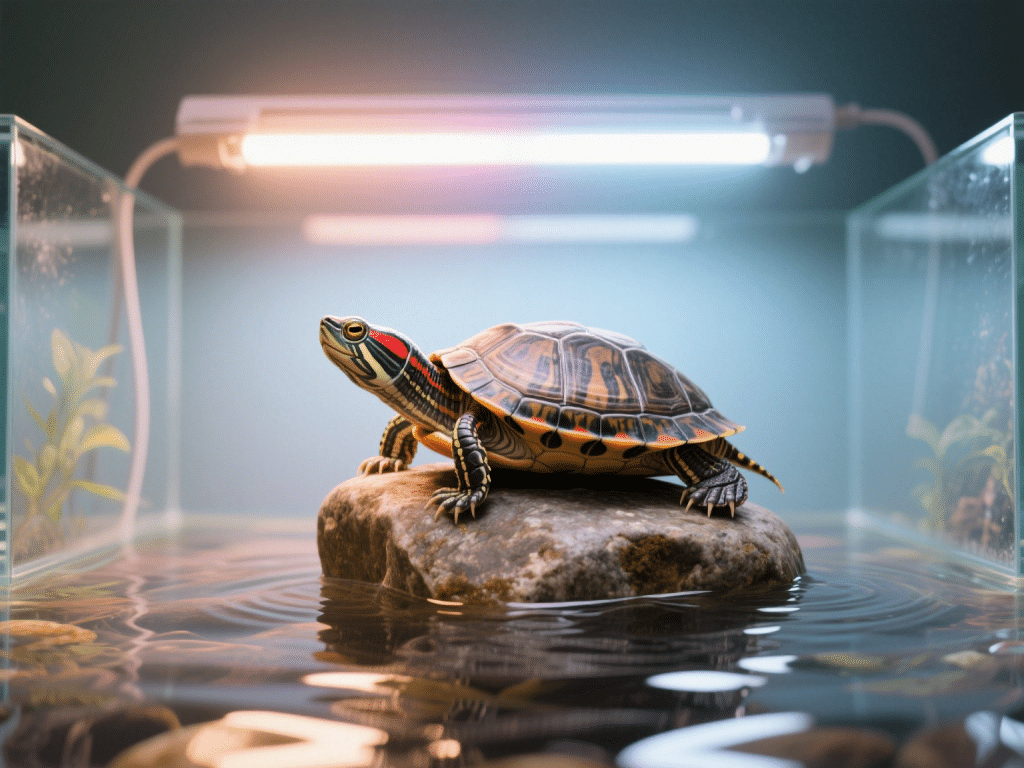
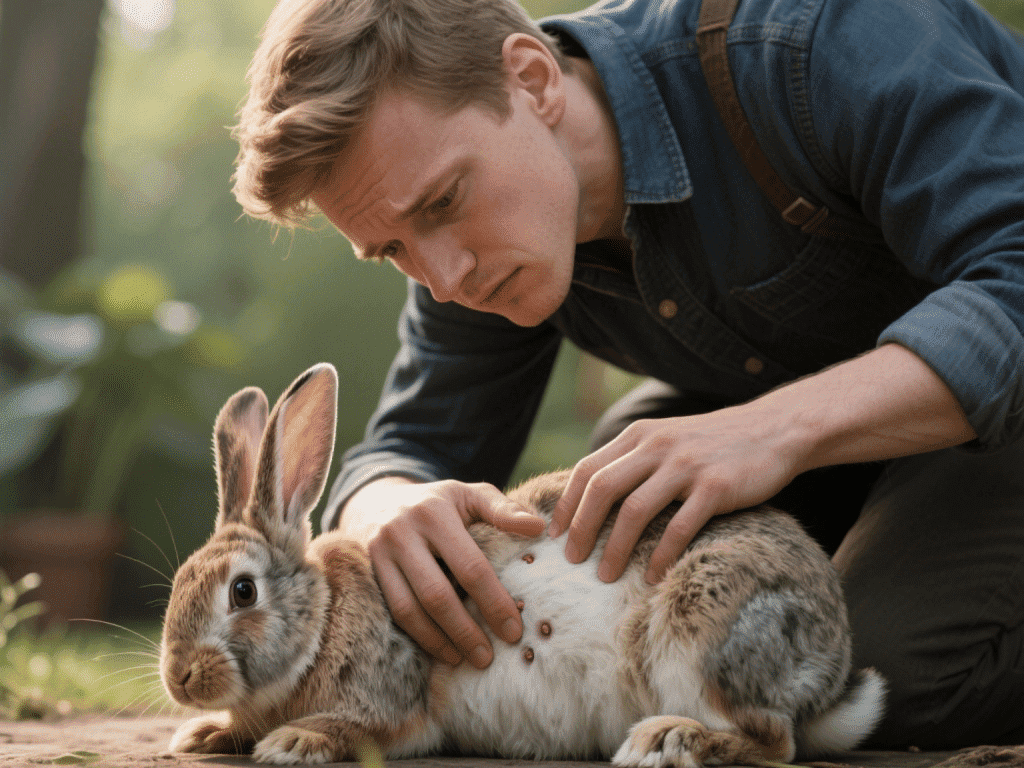
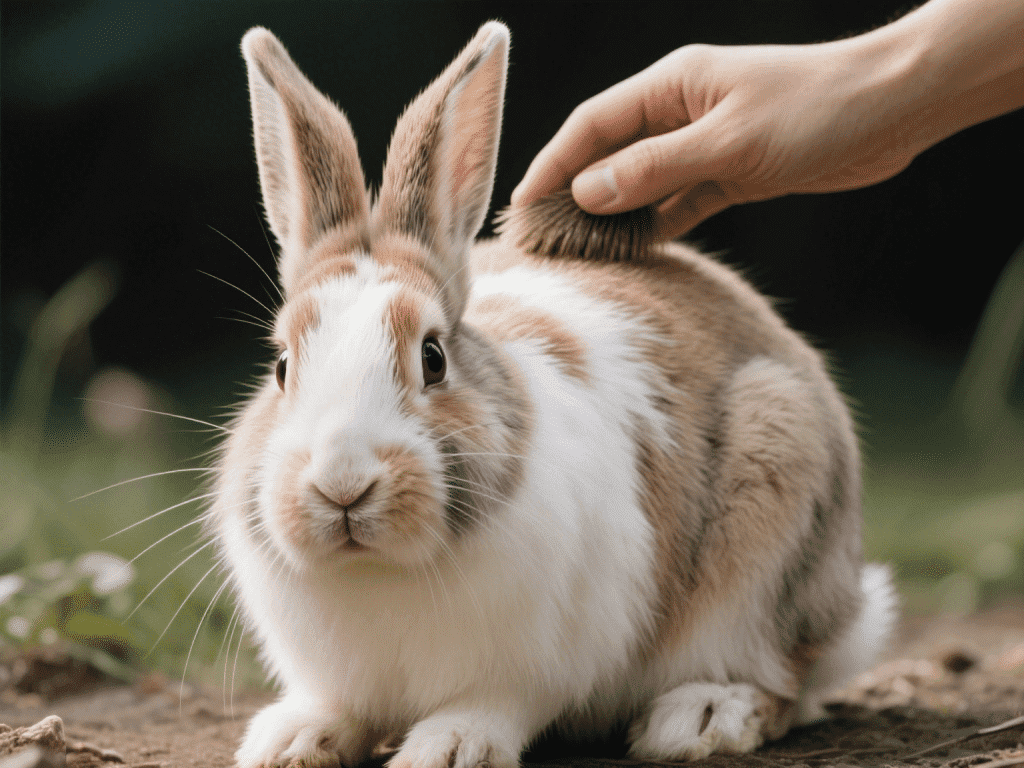
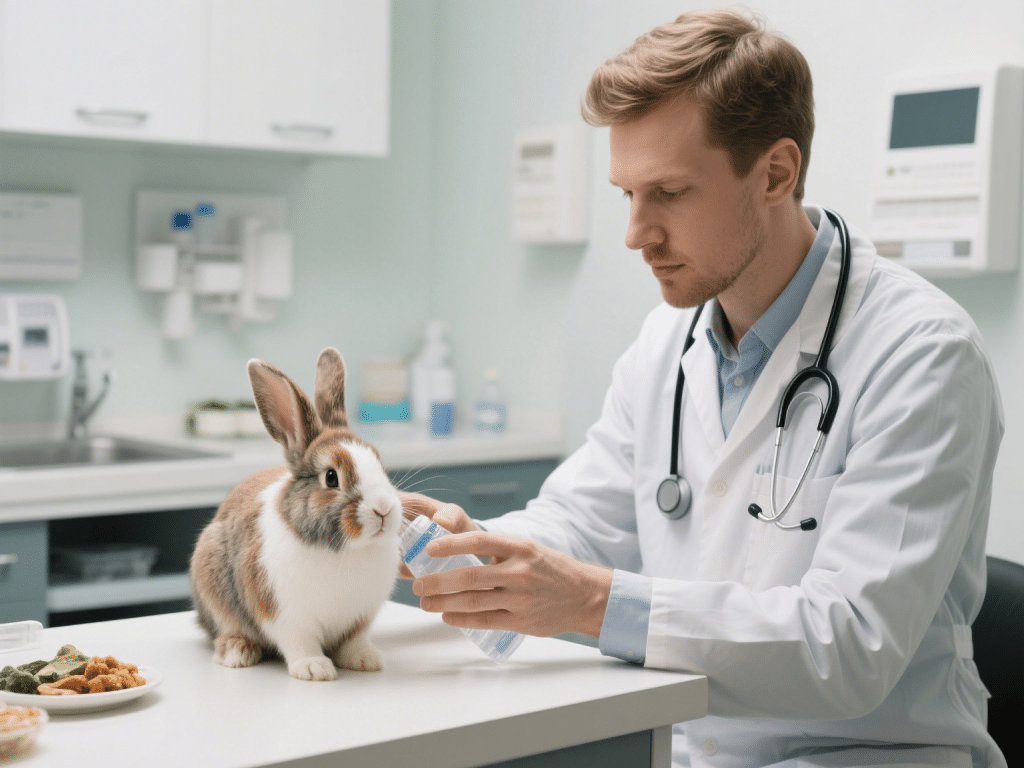
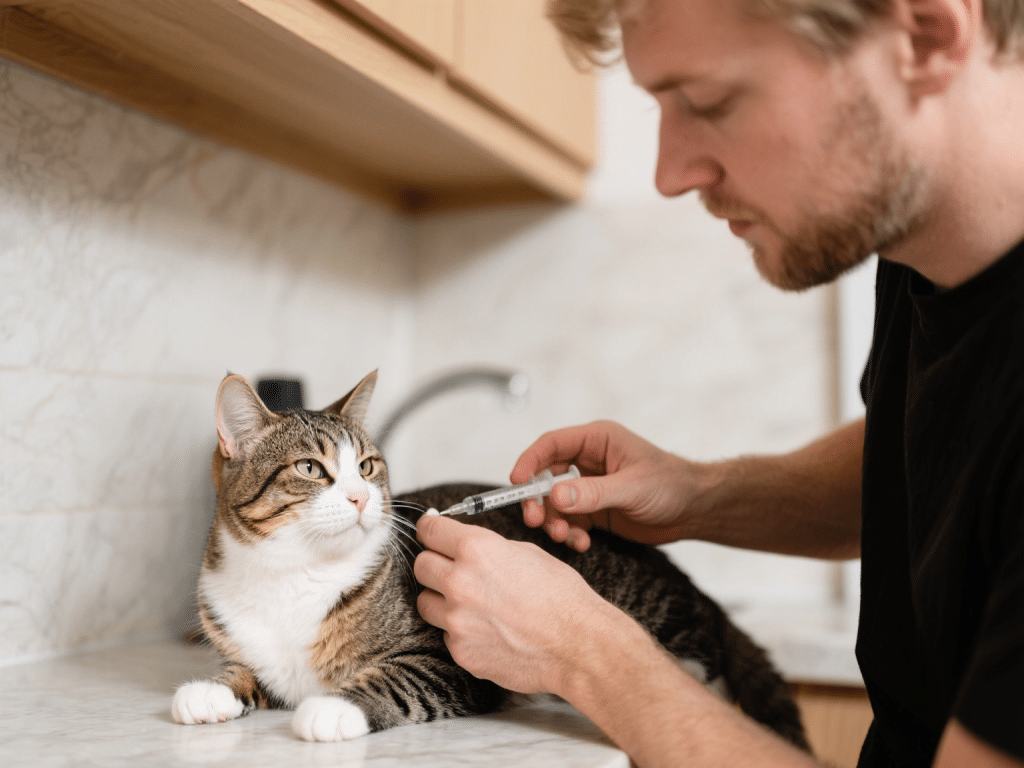
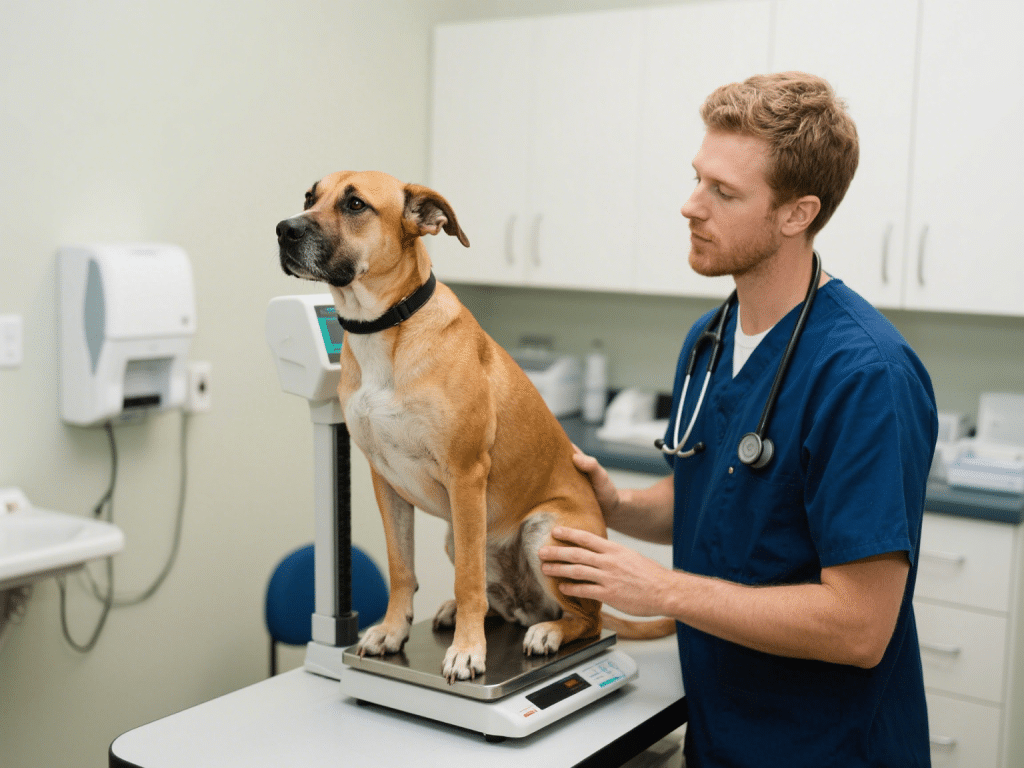

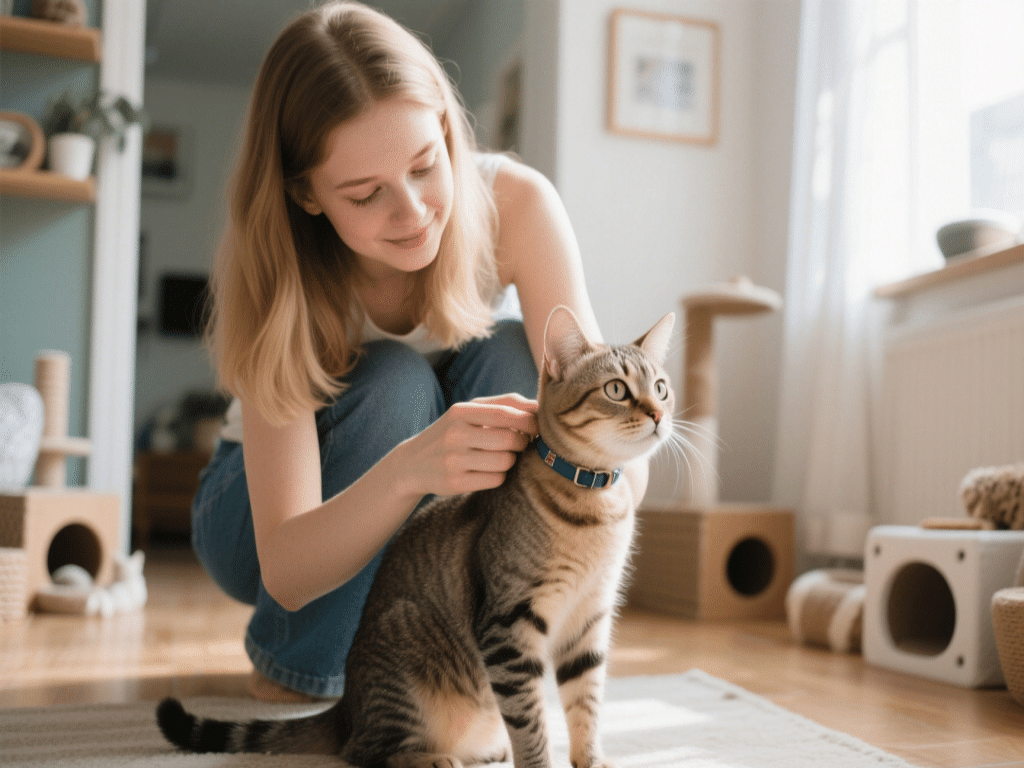
Comments on " Senior Cat Care Essentials: How to Support Your Aging Feline’s Health and Comfort" :